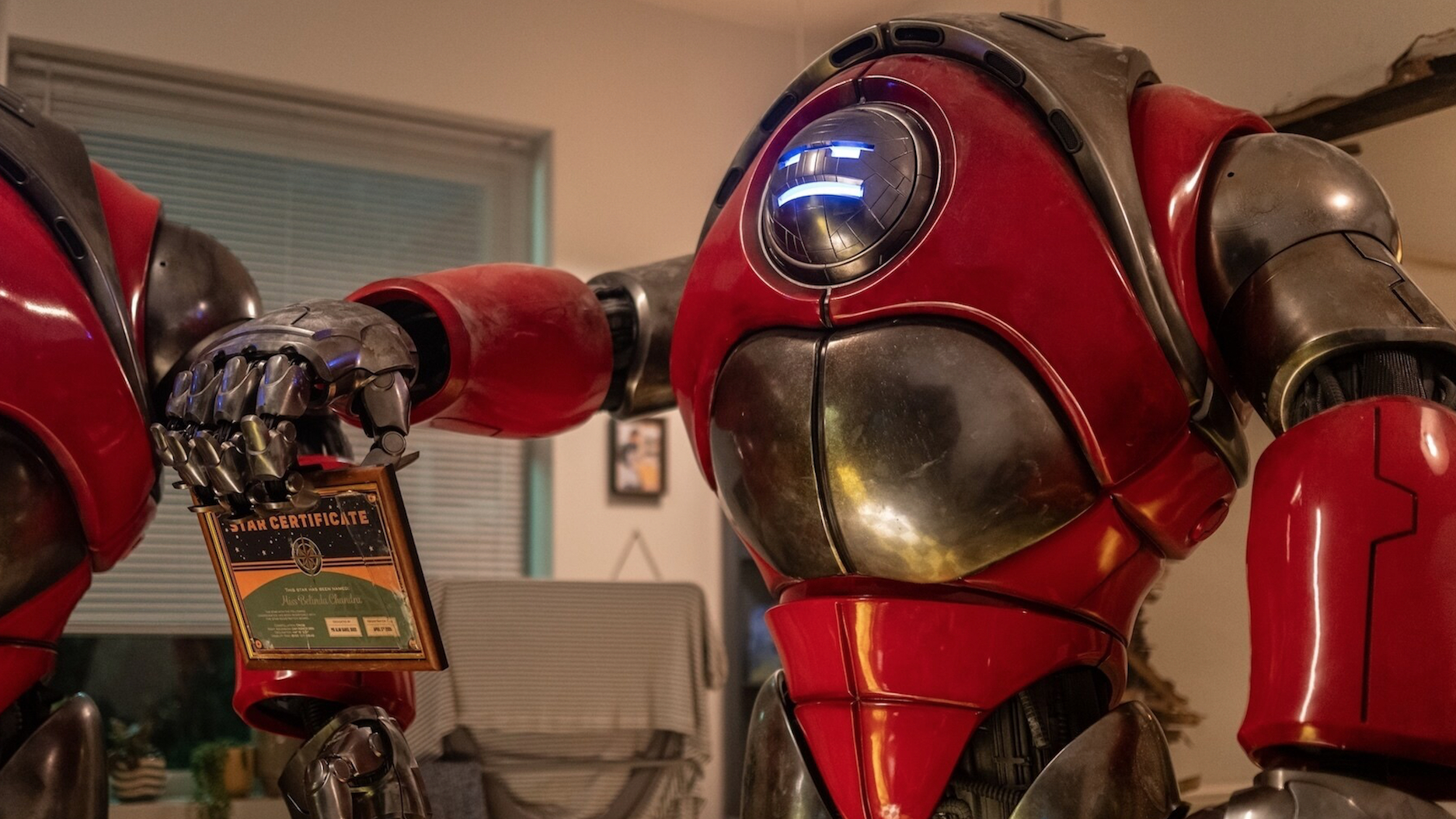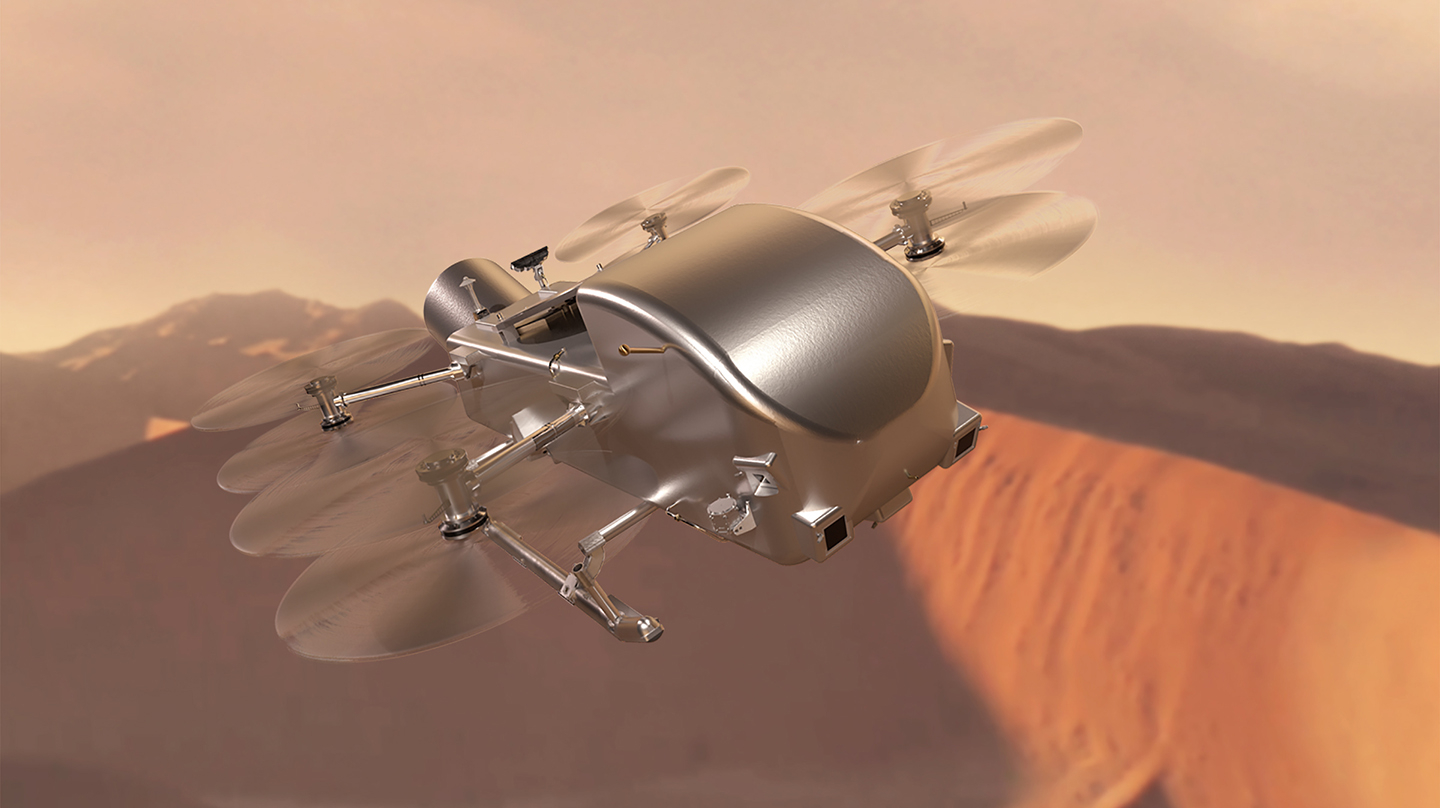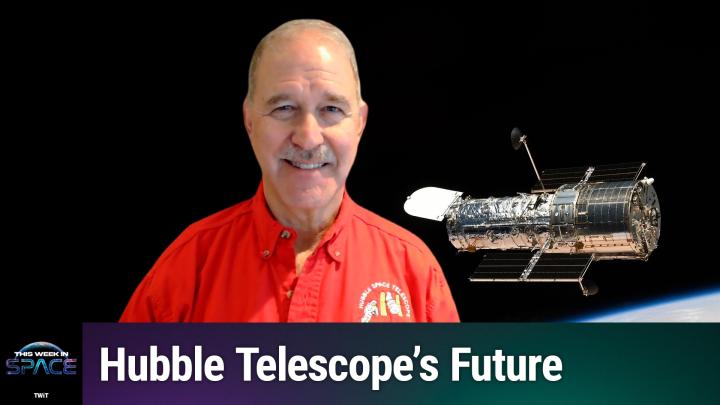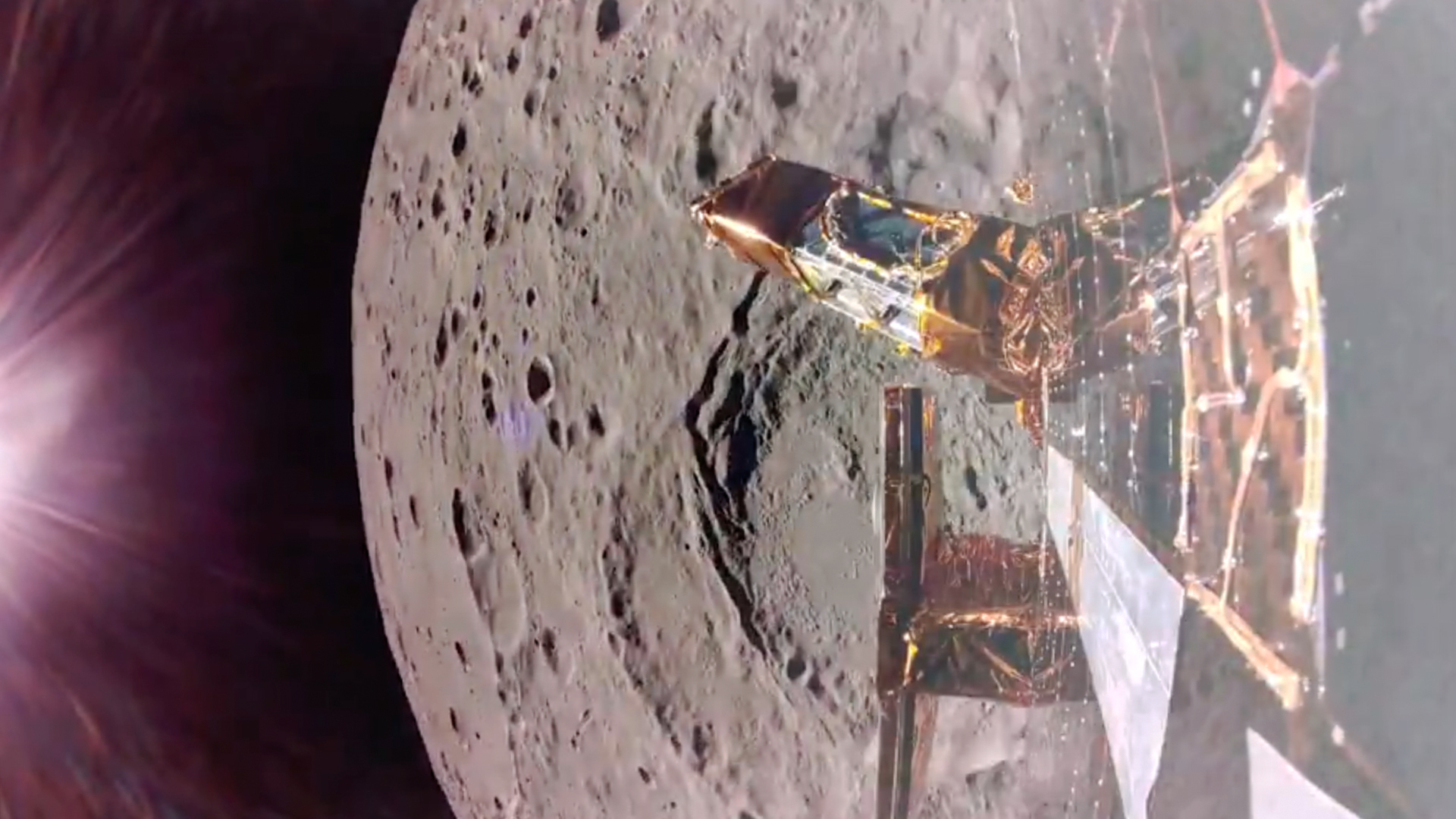Tour Rocket Lab's Stunning New Zealand Launch Site in This Video
Reusable rockets, frequent launches and spectacular high-definition rocket videos aren't just the province of SpaceX any more. Rocket Lab showed off its New Zealand launch and rocket-processing facilities in a new video tour, while offering a preview of upcoming launches at the Wallops Flight Facility in Virginia.
The video features Amanda Stiles, Rocket Lab's director of mission management and integration, who calls the Mahia Peninsula launch facility "the best spot in the world for launching more frequently than anywhere else on the planet."
Rocket Lab's 10th launch, scheduled for Nov. 25, is expected to heft seven satellites into orbit — including a small Japanese craft designed to create artificial meteor showers. The rocket will be equipped with sensors, navigation gear and a reaction-control system to provide more data for making future equipment more reusable. The company's long-term goal is to snag launch vehicle Electron's boosters mid-air from a helicopter to increase the pace of launching missions. The retrieved rocket stages would be carefully and swiftly retrofitted for reflight.
Related: In Photos: Rocket Lab and Its Electron Booster

The Mahia launch pad, on the east coast of New Zealand's North Island, can support up to 120 launches per year. From there, rockets can reach a variety of orbits around the Earth — from a near-polar (sun-synchronous) orbit to 39 degrees. (By comparison, the International Space Station's orbital inclination is about 51 degrees.)
Launching, however, is just the goal of a long preparatory phase. Stiles brings viewers through the last few steps before a launch, which includes setting up payloads in a clean room, testing the rocket's 3D-printed Rutherford engine, and assembling all the different components inside a vehicle hangar.
Perhaps the most moving part of the tour is when Stiles shows the care with which technicians put together payloads inside of the clean room, which is "the last time human hands will touch the satellites before the fairing opens up and they [the satellites] are deployed in space."
Get the Space.com Newsletter
Breaking space news, the latest updates on rocket launches, skywatching events and more!
Decked out in a protective cap and coat, Stiles shows how technicians carefully mount the payloads to a "kick stage" that can boost the satellite into an independent orbit from the rocket. Customers can watch the entire integration process without getting dressed up, as Rocket Lab kindly provided a window on one side of the lab for for viewing from a comfortable area.
In the hours before liftoff, the Electron rocket rolls out of the vehicle hangar horizontally, and then is tilted to the vertical position using a special lifter. Fueling operations begin at T-minus 3 hours, filling the rocket with highly refined kerosene and liquid oxygen.
"The focus tends to be on Electron at the moment of liftoff, but if you look closely, you'll see some clever ground systems at work too," Stiles said. Forty-five seconds before launch, a water-deluge system dumps hundreds of gallons (or liters) on to the pad to dampen the noise created by the rocket roar. As Electron rises from the ground, a big cloud of steam is generated when heat from the engine flames meets the water.
Roughly 2 miles (3 kilometers) away from the pad is the launch control center, where operators sit at consoles and check the rocket's progress during launch. The team also gets a front-row view of the rocket launch, since there is a nearby window allowing them to see their hard work come to fruition. "After a lot of months of hard work, it's a great way to celebrate," Stiles said.
Rocket Lab is targeting a launch from the new facility at Wallops in early 2020. This new complex on the coast of Virginia will be specialized for U.S. government customers, giving them "more frequency and flexibility" than shipping their payloads to New Zealand, Stiles added.
- Rocket Lab's 1st Commercial Launch in Pictures: 'It's Business Time'!
- Rocket Lab's Electron Rocket
- Rocket Lab Gearing Up for 1st Launches from US Soil in Early 2020
Follow Elizabeth Howell on Twitter @howellspace. Follow us on Twitter @Spacedotcom and on Facebook.

Join our Space Forums to keep talking space on the latest missions, night sky and more! And if you have a news tip, correction or comment, let us know at: community@space.com.

Elizabeth Howell (she/her), Ph.D., was a staff writer in the spaceflight channel between 2022 and 2024 specializing in Canadian space news. She was contributing writer for Space.com for 10 years from 2012 to 2024. Elizabeth's reporting includes multiple exclusives with the White House, leading world coverage about a lost-and-found space tomato on the International Space Station, witnessing five human spaceflight launches on two continents, flying parabolic, working inside a spacesuit, and participating in a simulated Mars mission. Her latest book, "Why Am I Taller?" (ECW Press, 2022) is co-written with astronaut Dave Williams.









